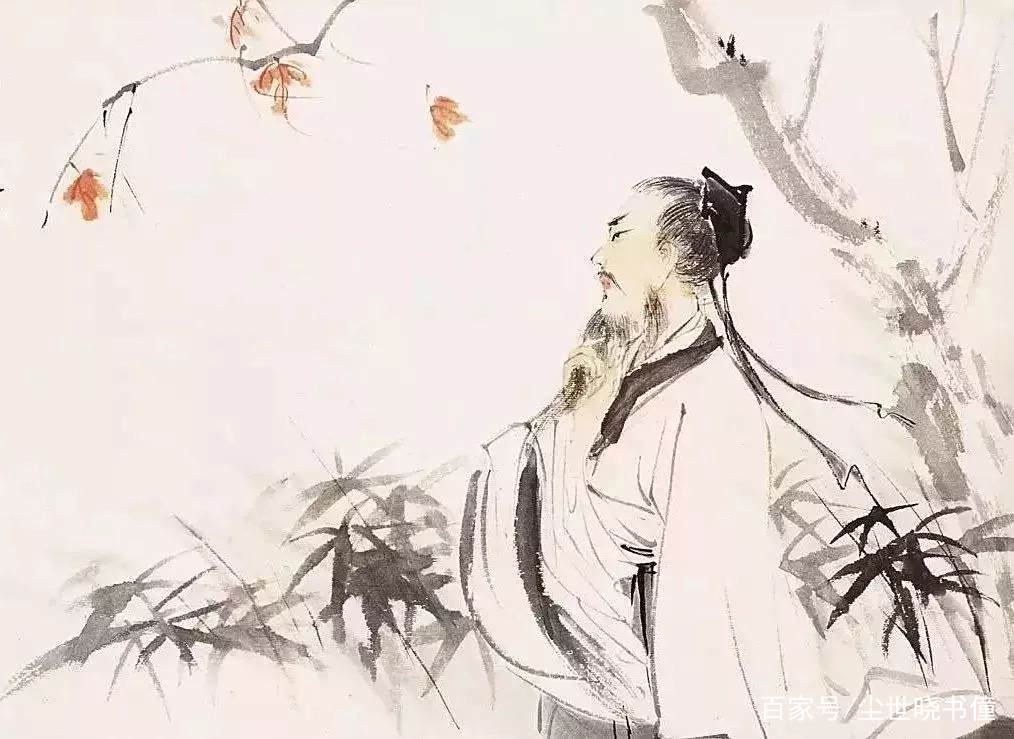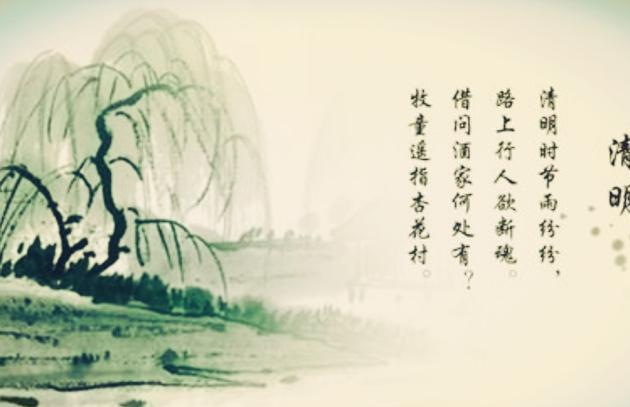Speaking of detectives, as the name suggests, they are magical and clever detectives. In TV and movies, many ancient detectives, although not supported by modern science and technology, can always use various ingenious ideas to solve cases with ease, find hidden criminals, and reveal the truth. Next, the History Encyclopedia editor will explain to you

In fact, the reason why Di Renjie and Bao Zheng transformed from famous politicians in the Tang and Song dynasties into detectives handling various cases is thanks to the large number of popular detective novels in the Ming and Qing dynasties. In other words, they were not the “famous detectives” in the public impression in history. More than a hundred years after the death of Bao Zheng, Song Ci, a forensic scientist from the Southern Song Dynasty known as the pioneer of forensic science in the world, was born, and he was the true master of solving cases in ancient China.
In the thirteenth year of Chunxi (1186), Song Ci was born in Jianyang County, Jianning Prefecture, which is now the Jianyang District of Nanping, Fujian Province. His ancestors were Tang Dynasty famous prime minister Song Jing, who was on par with Fang Xuanling, Du Ruhui, and others. Song Ci’s father, Song Gong, once served as a military officer in Guangzhou, mainly responsible for criminal justice work. Under the influence of his father, Song Ci was exposed to a lot of knowledge related to criminal justice from a young age, laying a solid foundation for future work in this field.
On the other hand, Song Ci also received guidance from famous Neo Confucian scholars such as Wu Zhi, who were disciples of Zhu Xi. Not only did his knowledge gradually improve, but he also gradually formed the concept of valuing practice. In the first year of Kaixi (1205), Song Ci went to Beijing to enter the Imperial Academy, and in the tenth year of Jiading (1217), he passed the imperial examination and was appointed as a county magistrate in Yin County, Zhejiang Province. However, due to her father’s serious illness requiring care, Song Ci did not go to take up her position. In the second year of Baoqing (1226), Song Ci finally returned to the officialdom and was sent to Xinfeng County in Jiangxi Province to serve as the chief clerk responsible for document work.

Although renowned mainly for his achievements in the field of criminal justice, Song Ci’s military talent was actually quite outstanding. During his tenure, he made great contributions by quelling uprisings and gained the attention of Ye Zai, the governor of Jiangxi, who hired him as a staff member. Later, Song Ci went to suppress the rebellion in central Fujian and once again made military achievements. In the fourth year of Shaoding (1231), Song Ci was appointed as the Supervisor of the County of Changting. After taking office, he immediately began to solve the problem of high salt prices in the local area. By changing the salt transportation route. Song Ci lowered the price of salt and gained the love and admiration of the people.
Speaking of which, it seems that Song Ci’s talent is reflected in leading troops to fight and governing the area, and has nothing to do with the “famous detective” mentioned at the beginning. In fact, the frequent connection between Song Ci and the judiciary can only be traced back to the fourth year of Jiaxi (1239) when he brought up the Guangdong Criminal Prison. After taking office, he found that due to outdated case resolution methods and officials’ negligence, a large number of suspects were hastily imprisoned, and the progress of related cases was extremely slow.
Upon seeing this situation, Song Ci immediately formulated a series of regulations and ordered relevant officials to close the case within a specified period of time. In just eight months, over 200 criminals who had been detained for a long time were punished according to the law. Due to his outstanding performance in Guangdong, Song Ci was soon reassigned to Jiangxi to continue serving in prison. He was upright and focused on evidence when making judgments, making him a natural talent for managing prisons.
In the fifth year of Chunyou (1245), Song Ci went to Changzhou to serve as the governor. Although he no longer directly tried cases, he had another plan, which was to compile a monograph on criminal justice. Prior to this, officials in various regions lacked systematic guidance when adjudicating cases, often making judgments based on personal emotions or simply copying laws without flexibility. In view of this situation, Song Ci began the editing work of “Clearing the Injustice Collection Record”.
In this book, which has made significant contributions to the development of forensic medicine worldwide, Song Ci, based on her own experience and collected case materials, recorded a large amount of “dry knowledge” including injury examination, autopsy, on-site investigation, emergency treatment, detoxification, dissection, and other aspects. From the table of contents, Song Ci introduced in the book how to distinguish whether the deceased hanged themselves or was falsely hanged by someone after death, telling various death methods such as burning, drowning, scalding, poisoning, illness, suffocation, and falling.
In addition, Song Ci also conveyed ideas that were ahead of the times, such as valuing evidence and conducting on-site investigations, in the book, which had a profound impact on subsequent criminal trials. Although from today’s perspective, there are still many problems with Song Ci’s book “Collected Records of the Purge of Injustice”, such as the book’s endorsement of the so-called “shedding blood to identify relatives”, these are all inevitable due to the author’s limitations of the times. Overall, this work, which has been regarded as a standard by later judicial personnel, has its unique features.
After his term in Changzhou expired, Song Ci went to the prison in Guangxi and returned to his familiar position to personally investigate cases in various places. He repeatedly tried many cases, vowing to uncover the truth and avoid wrongful convictions. In the seventh year of Chunyou (1247), Song Ci was transferred to the Hunan Provincial Prison, and in the winter of that year, the “Collection of Injustices” was finally completed. In the second year, Song Ci was ordered to patrol the four routes and manage multiple prisons.
Unfortunately, perhaps due to overwork, he passed away in the ninth year of Chunyou (1249) at the age of 64. Compared with Di Renjie and Bao Zheng, who did not really try many cases in history, Song Ci has been engaged in judicial work for many years, not only with outstanding achievements, but also with the surviving work “Record of Clearing Injustices”. By searching for information from the body and the crime scene, making reasonable speculations, and uncovering the truth of the case, it can be seen that Song Ci can indeed be regarded as a “famous detective” to some extent.



